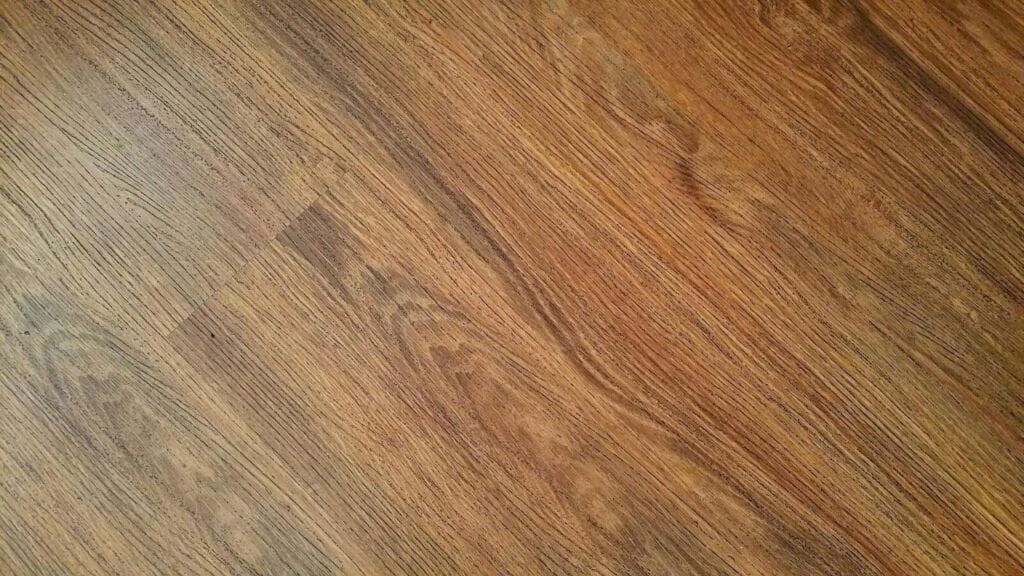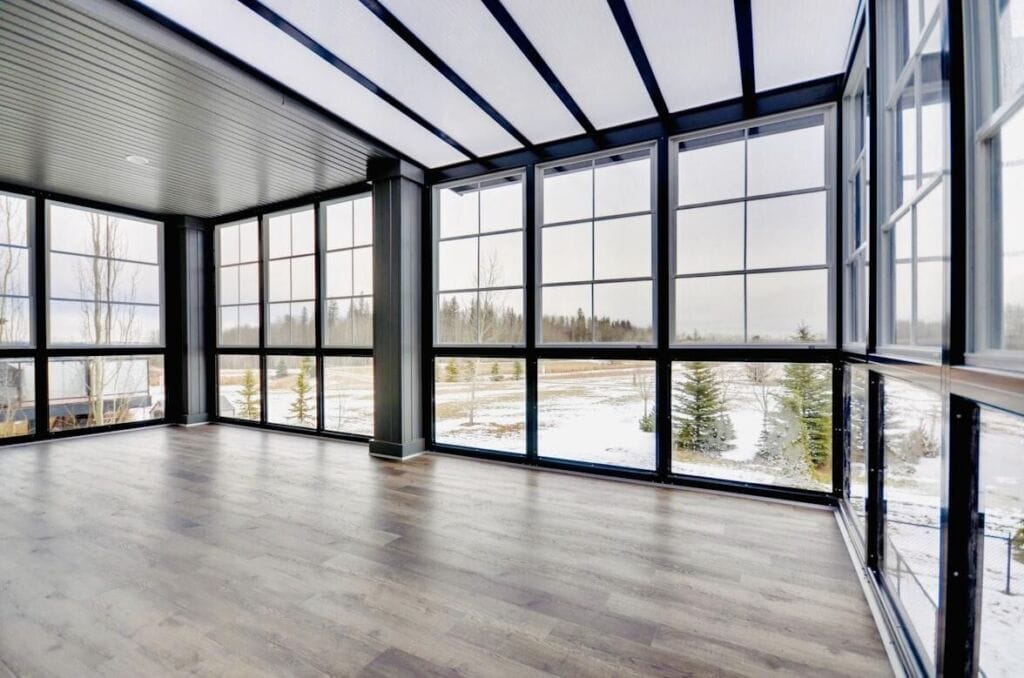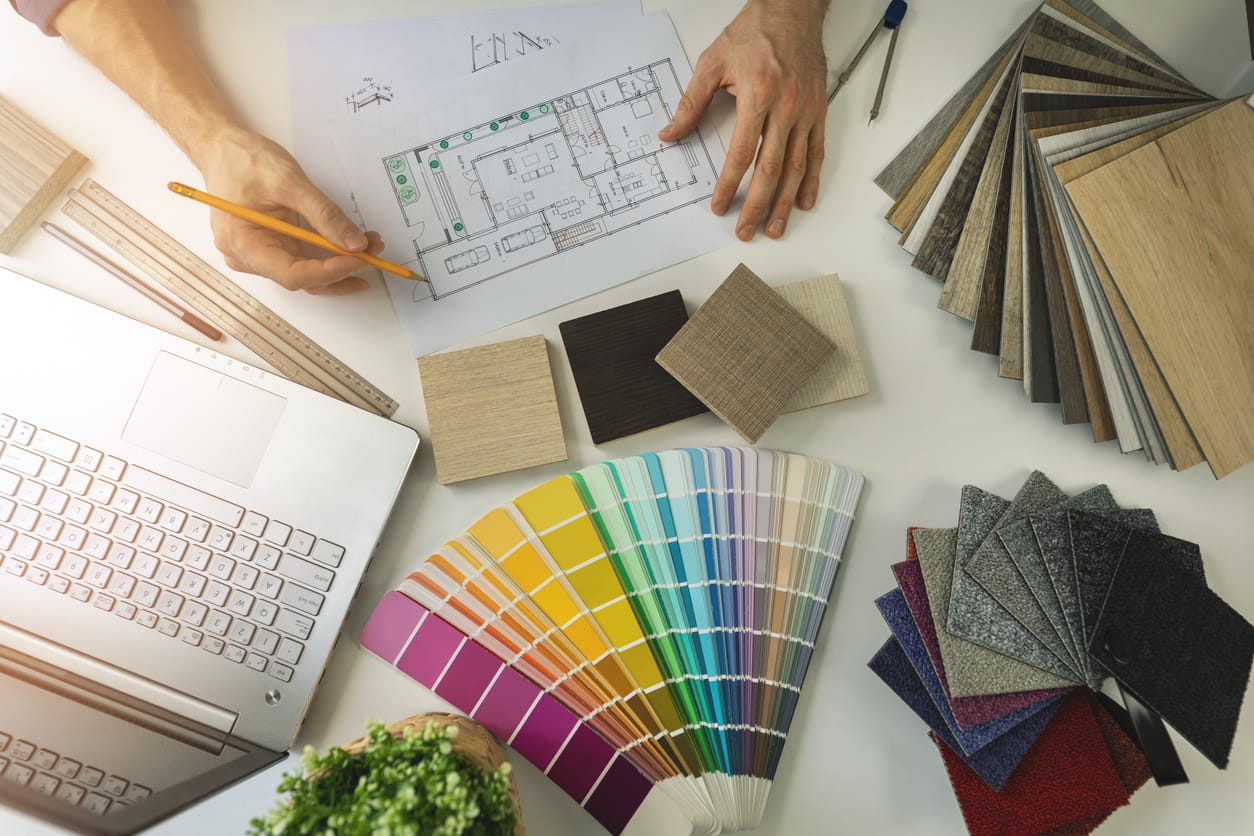The right flooring does more than provide a surface to walk on; it shapes first impressions, impacts workplace safety, and influences long-term maintenance costs. For modern businesses, flooring must balance aesthetics, durability, and functionality. Whether operating in retail, hospitality, healthcare, or manufacturing, companies face unique challenges that demand specific flooring solutions. Selecting the best option is about aligning style with performance and ensuring that the investment supports both day-to-day operations and long-term growth.

Why Flooring Choices Matter in Business Settings
Every business environment comes with its own set of demands. Retail spaces require attractive finishes that withstand heavy foot traffic. Offices benefit from quiet, comfortable floors that enhance productivity. Industrial facilities, on the other hand, need surfaces that resist chemicals, impacts, and machinery wear.
The wrong choice can lead to safety hazards, premature replacements, or a mismatch with the brand image. Flooring decisions should therefore be treated as strategic investments rather than afterthoughts.
Epoxy Flooring
Epoxy flooring has become a popular choice for businesses seeking a balance of strength and visual appeal. Its seamless surface resists stains, chemicals, and heavy use, making it a top option for warehouses, garages, healthcare facilities, and even trendy retail spaces.
Beyond durability, epoxy can be customized with colors, textures, and patterns that align with branding or interior design themes. Businesses can simplify decision-making by choosing CoatMate Epoxy Flooring Melbourne or a provider nearby, ensuring professional installation and expert guidance on selecting finishes that match specific needs. With the right provider, epoxy flooring becomes more than a functional solution; it becomes an extension of the company’s identity while delivering outstanding long-term performance.
Luxury Vinyl Tile
Luxury vinyl tile (LVT) offers the beauty of natural materials like wood and stone without the associated upkeep. Its layered construction makes it resistant to scratches, moisture, and stains, while its cushioned underlayers improve comfort underfoot. This makes LVT a smart choice for offices, retail environments, and hospitality businesses where aesthetics matter as much as durability.
Another advantage of LVT is versatility. It comes in a wide range of finishes and installation methods, from glue-down planks to click-lock systems that minimize downtime. Businesses can refresh their interiors quickly without sacrificing durability or breaking the budget.
Polished Concrete
Polished concrete combines industrial strength with modern minimalism. Its sleek, reflective finish enhances lighting and adds a contemporary look to offices, showrooms, and creative workspaces. Concrete’s longevity and low maintenance make it particularly cost-effective in the long run.
Businesses appreciate the sustainable qualities of polished concrete. Since it makes use of existing concrete slabs, it reduces the need for additional materials, aligning with green initiatives that are increasingly important to modern companies. The ability to integrate dyes or decorative scoring further expands design possibilities.
LOCAL NEWS: Here’s where new Phoenix residents are moving from
INDUSTRY INSIGHTS: Want more news like this? Get our free newsletter here
Carpet Tiles
For offices and customer-facing businesses, carpet tiles provide a practical mix of comfort, noise reduction, and design flexibility. They are simple to install, remove, and replace, making them useful in environments that need adaptability. Unlike broadloom carpets, tiles can be swapped individually, reducing downtime and maintenance costs. Businesses can mix and match colors or patterns to create dynamic visuals or designate pathways and zones within the workspace.
The benefits of carpet tiles include:
- Easy installation and replacement – damaged or stained tiles can be swapped without replacing the entire floor
- Design versatility – patterns, colors, and textures can be combined for unique layouts that reflect brand identity
- Noise reduction – excellent acoustic properties absorb sound and minimize distractions in open-plan offices
- Comfort underfoot – cushioned backing provides relief for employees and clients, improving the experience
- Adaptability – suitable for evolving floor plans in offices, retail spaces, or customer service environments
The acoustic benefits are significant. By absorbing sound, carpet tiles help create quieter spaces that improve concentration and communication.
Matching Flooring to Business Needs
The best flooring option for any business depends on the specific challenges of its environment. High-traffic areas demand surfaces that resist wear, while creative studios may prioritize aesthetics and design freedom. Companies need to weigh factors such as safety, upkeep, and long-term investment value when making decisions.
Key considerations include:
- Traffic levels – surfaces that can withstand heavy daily use without showing premature wear
- Aesthetic requirements – finishes that align with brand identity and create the right impression for clients and visitors
- Safety standards – slip resistance, shock absorption, and compliance with industry-specific regulations
- Ease of maintenance – flooring that is simple to clean, repair, or replace as needed
- Long-term costs – balancing upfront installation expenses with durability and lifecycle savings
Consulting with experienced providers ensures businesses select solutions that fit both functional requirements and brand values.

Image Source: https://unsplash.com/photos/empty-room-YypTXBPF5S4
Flooring plays a vital role in shaping business environments. By choosing materials that align with industry demands and brand aesthetics, companies can create spaces that are safe, stylish, and built to last. The right flooring investment enhances functionality and the perception of professionalism and quality.




